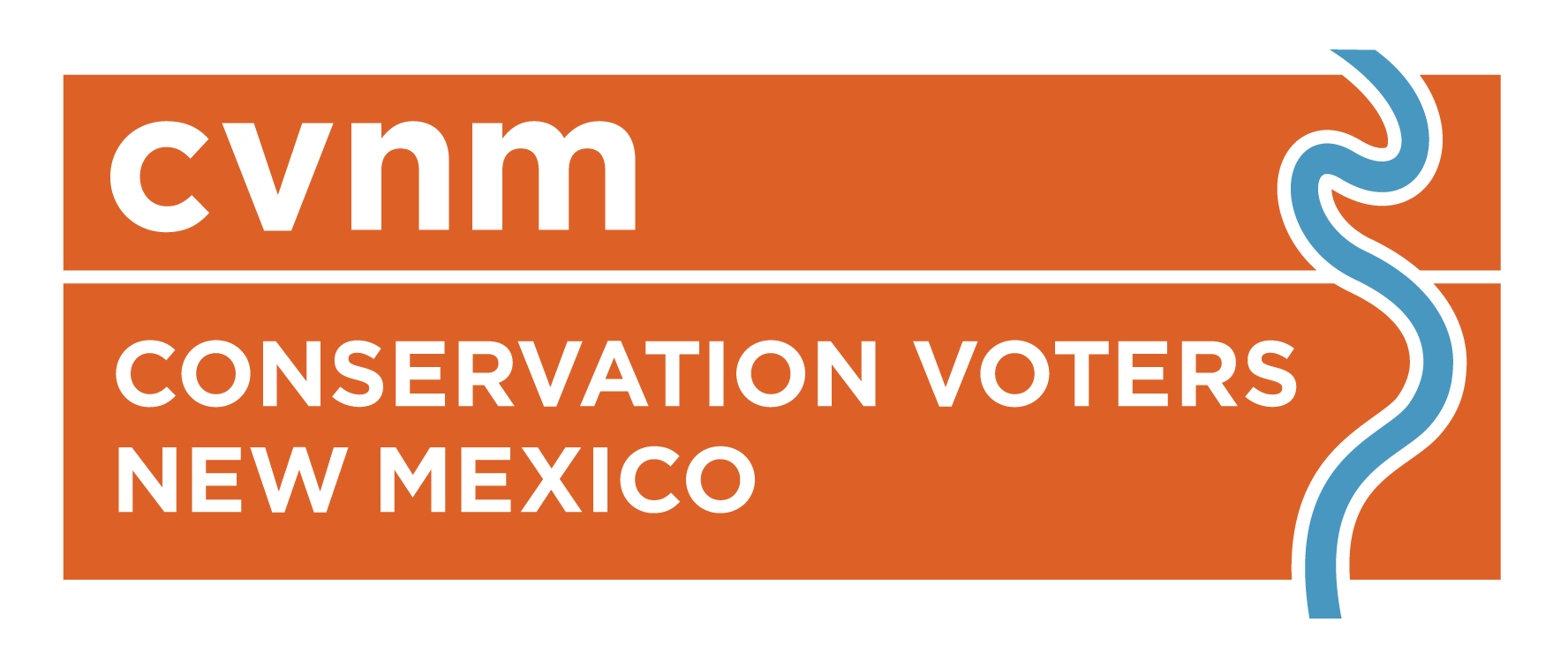Published on KRWG
Commentary: SANTA FE, N.M – Today, Conservation Voters New Mexico (CVNM) released its legislative priorities, outlined in the first edition of CVNM’s legislative agenda, which includes priorities such as using Volkswagen settlement funds to transition from dirty diesel to clean electric school buses, protecting the Gila River and protecting ratepayers from PNM’s attempts to pass on the full cost of closing the San Juan Generating Station. On behalf of our 12,000 members, CVNM advocates in the New Mexico Legislature for responsible public policies that represent the conservation values of our people. CVNM analyzes hundreds of pieces of legislation each session for impacts to New Mexico’s air, land, water, public health and communities. The agenda is attached and can be found on www.CVNM.org. The agenda will be updated after the bill filing deadline on Jan. 31, 2018.
“Even in a short session, ostensibly focused on the state budget, it is important we remain vigilant in protecting our air, land, and water,” said Ben Shelton, Legislative Director, Conservation Voters New Mexico. “Here in New Mexico, our health, economy and communities are intricately linked to the quality of our land, air and water. We must work together to protect the Land of Enchantment and CVNM’s legislative agenda represents those concerns.”
Key legislation that we are urging all legislators to SUPPORT:
- Southwest New Mexico Water Funding – Senate Bill 72 (Morales) and House Bill 127 (Ro. Martinez, McCamley) make appropriations from the New Mexico Unit Fund to the Interstate Stream Commission for water projects in southwest New Mexico. These funds would help communities in southwest New Mexico address their water needs without requiring environmentally negative diversions from the Gila River, one of New Mexico’s last wild rivers. This bill is a priority for CVNM and votes on Scorecard may be double weighted.
- Volkswagen Settlement Funds for Clean Electric School Buses – House Joint Memorial 6 (Roybal-Caballero, Lopez) requests that the $18 million New Mexico will receive from the Clean Air Act settlement between the Environmental Protection Agency and Volkswagen for cheating on emissions test will be used to convert the states aging dirty diesel school bus fleet to clean electric. This would not impact the state’s budget and would allow us all to breathe easier. That’s what we call a win-win.
Priority legislation that we are urging all legislators to OPPOSE (votes on these measures may be weighted on CVNM’s Scorecard:
- Energy Redevelopment Bonds – Senate Bill 47 (Candelaria/Neville) and House Bill 80 (B. Gonzalez/Montoya) allows PNM to pass on the full $350 million cost of closing the San Juan Generating Station to ratepayers, removes the requirement that any replacement energy be the lowest cost option, and does not guarantee replacement energy will come from renewable sources. SB 47 and HB 80 represent an end run around the Public Regulation Commission.
- Transfer of Public Lands Act – Senate Bill 134 (Pirtle) would cause federal lands not already designated as national parks, monuments or wilderness to be transferred to state control. It would open currently federally protected lands to development including extractive industries. This is a severe and likely unconstitutional overreach by the state.
The above list of legislation has been identified as priorities for CVNM, meaning they are positive protections for or serious threats to New Mexico’s air, land, water, health and communities. Our full agenda is available at www.CVNM.org. This agenda forms the basis of our Conservation Scorecard, published after each legislative session. The Scorecard provides objective, non-partisan information about the conservation voting records of all members of the legislature.
Conservation Voters New Mexico is a nonpartisan, nonprofit organization that is connecting the people of New Mexico to their political power to protect our air, land, and water for a healthy Land of Enchantment. We do this by mobilizing voters, helping candidates win elections, holding elected officials accountable and advancing responsible public policies.

